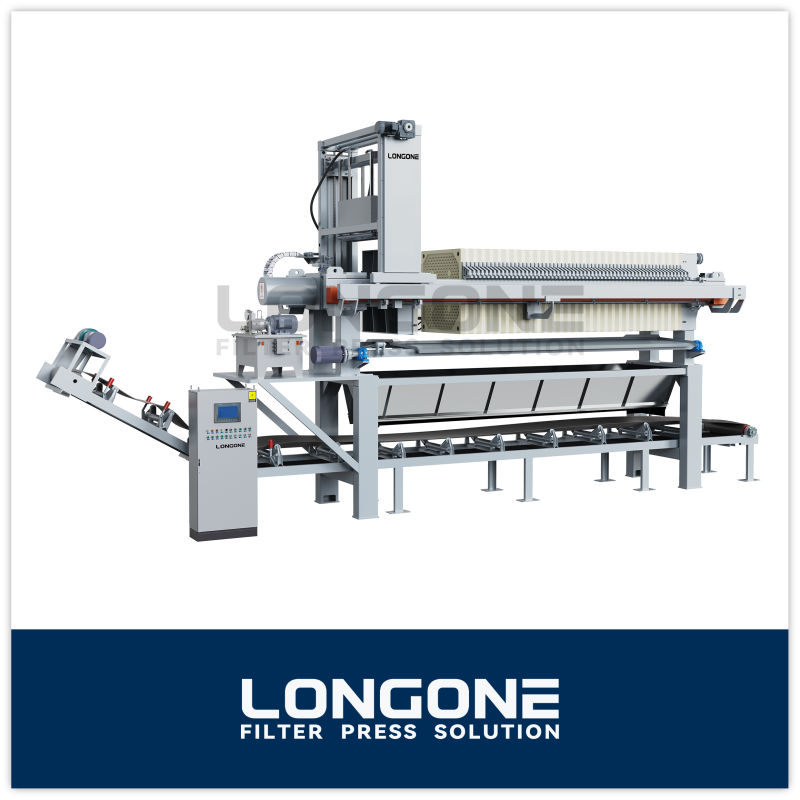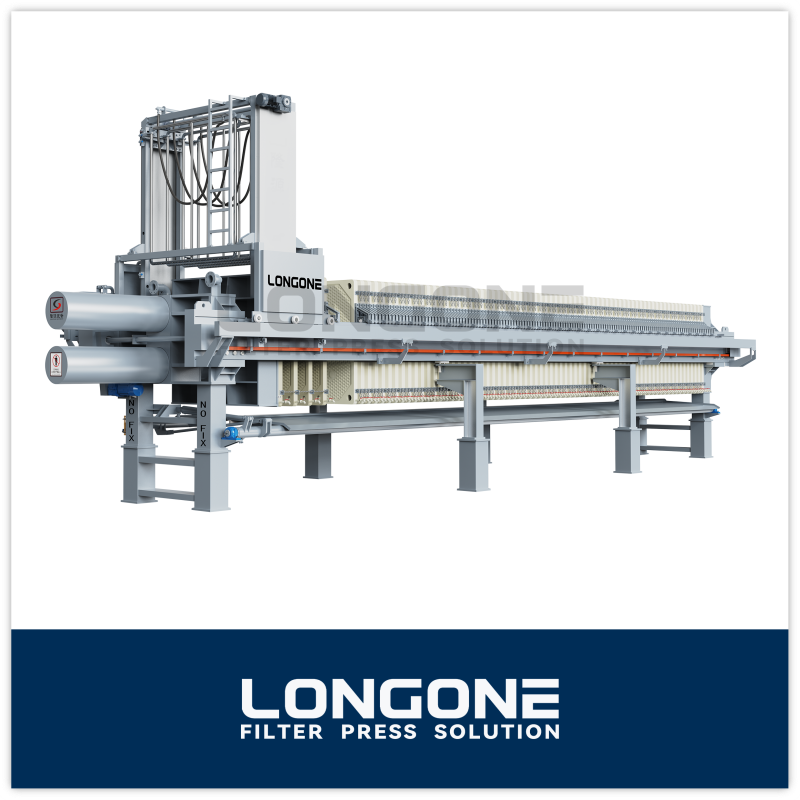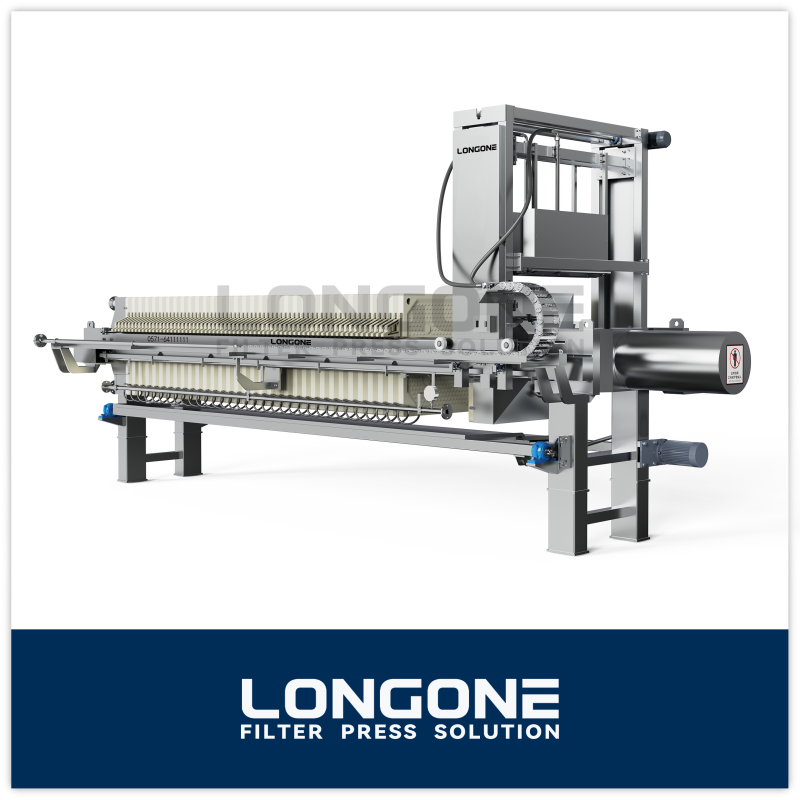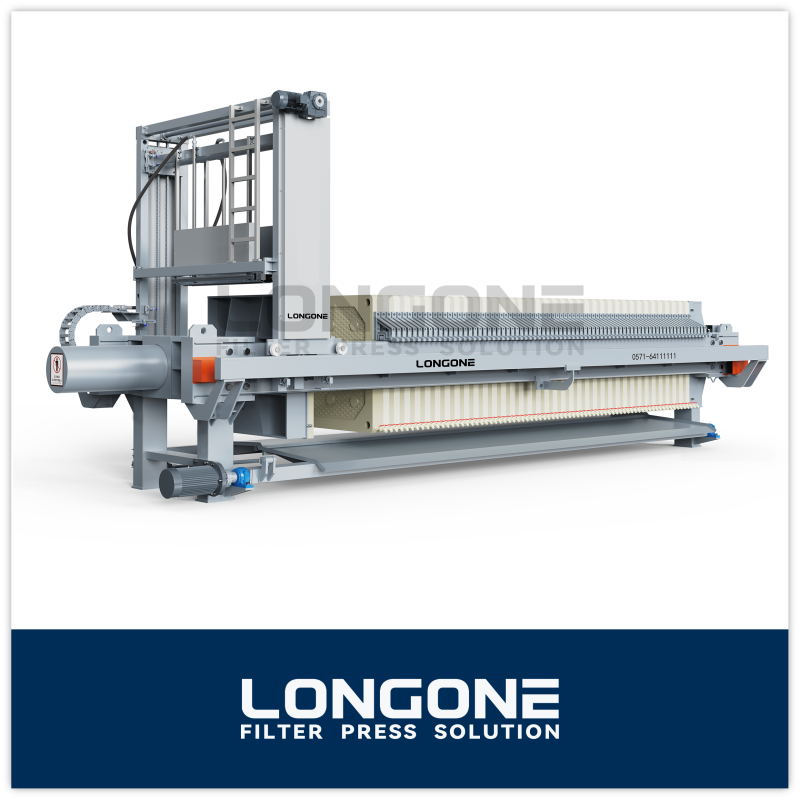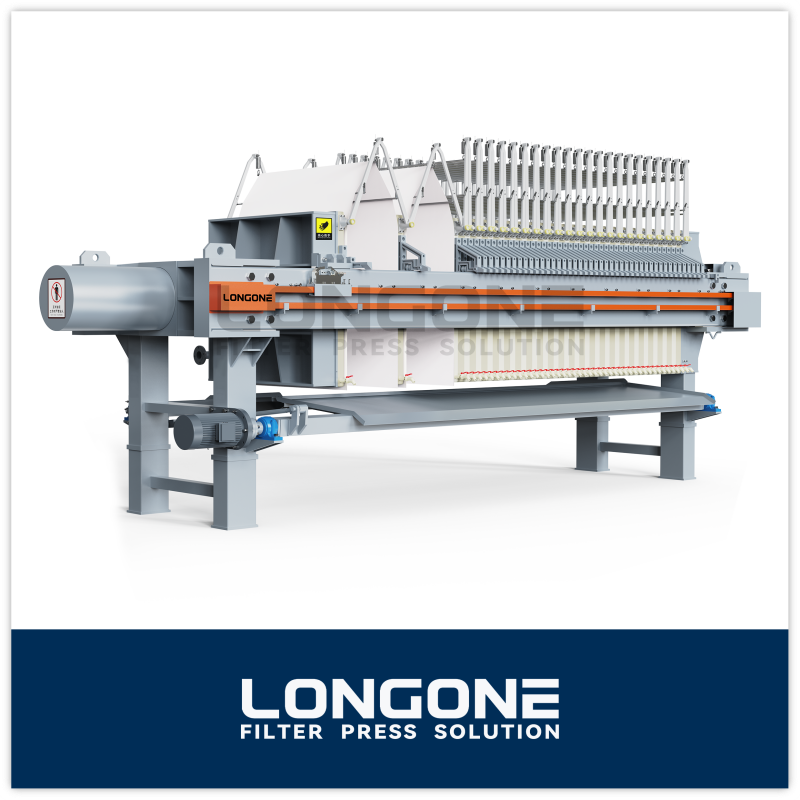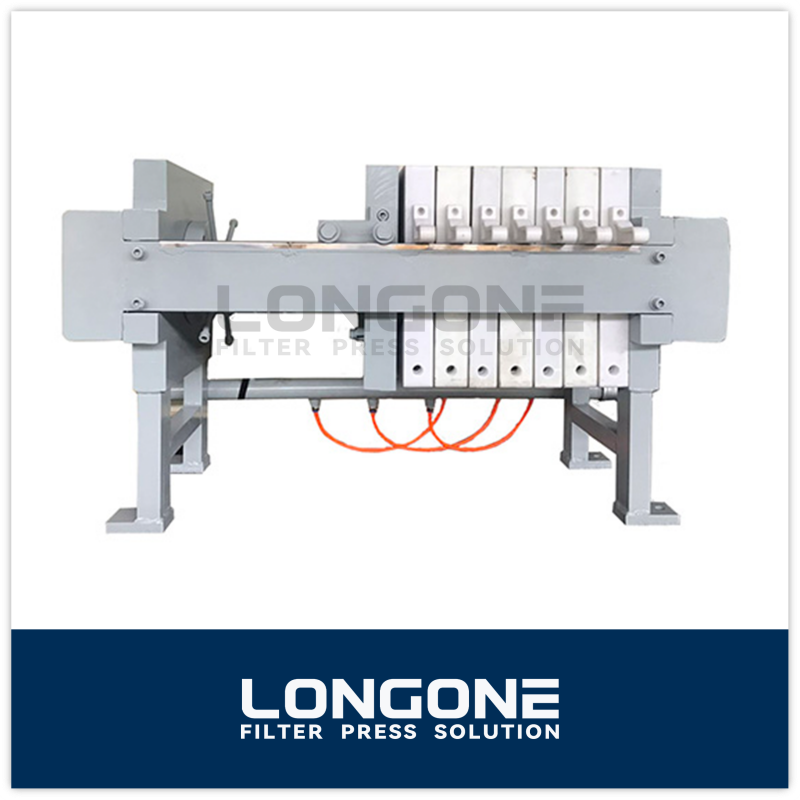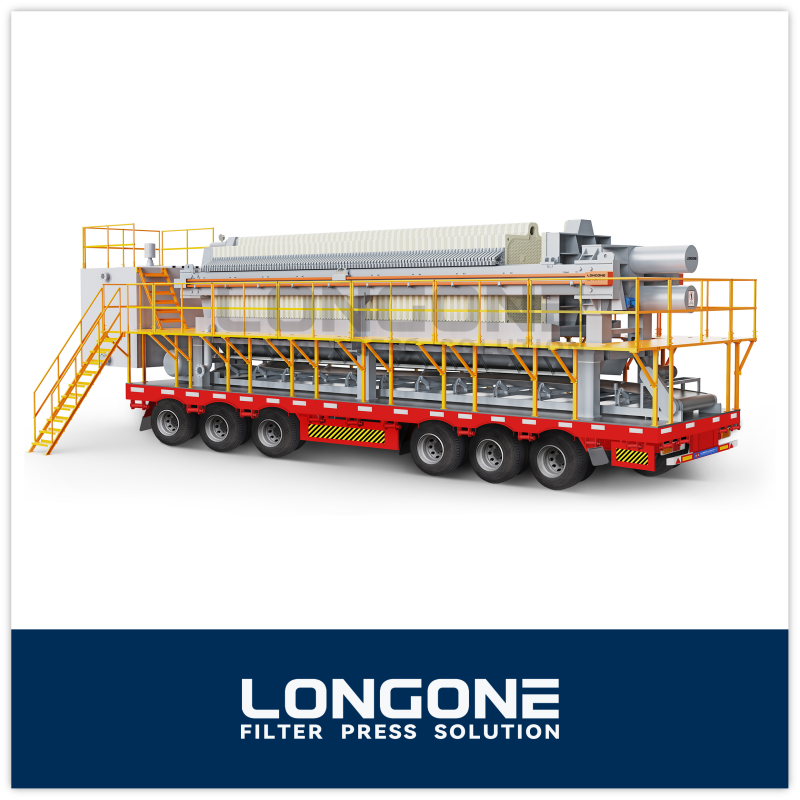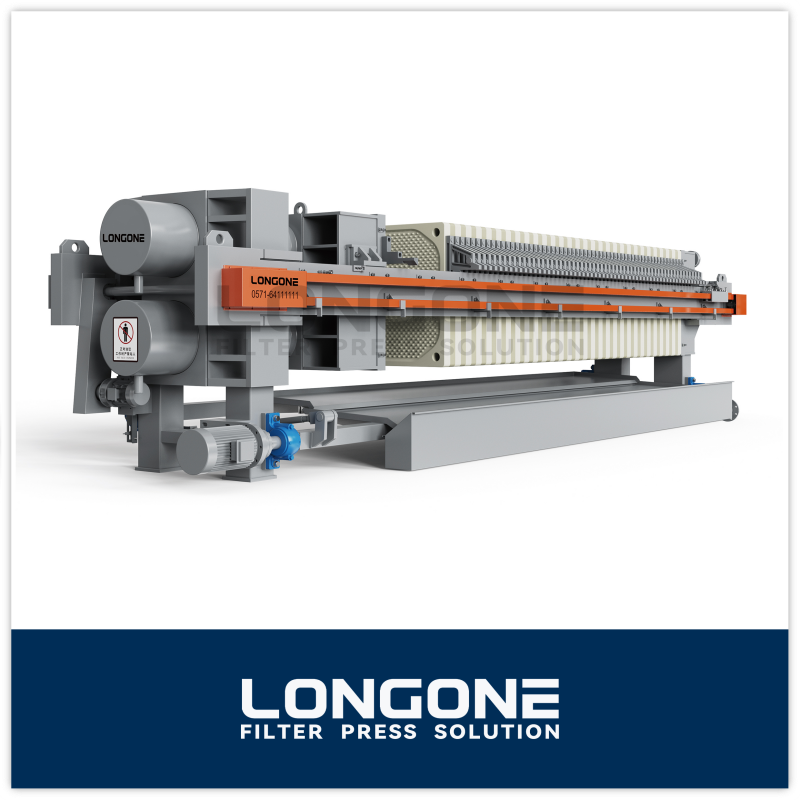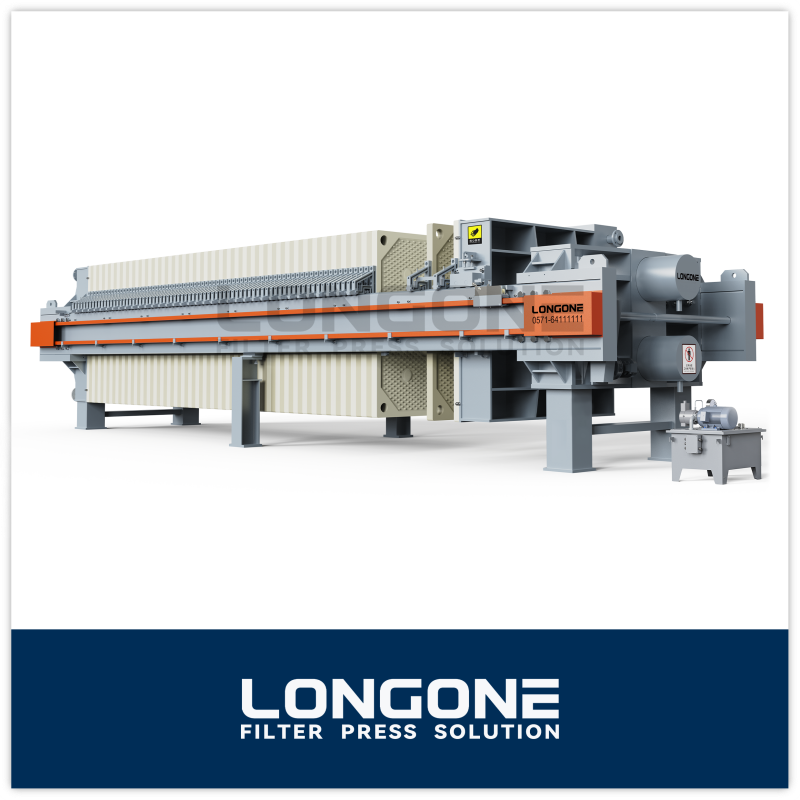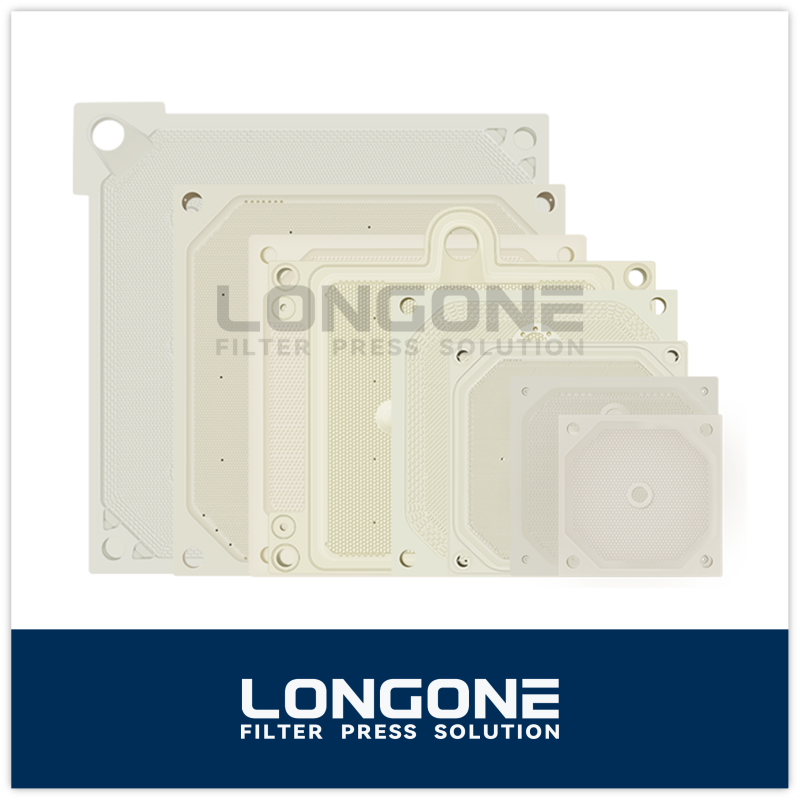In industrial separation processes, choosing between a chamber filter press and a centrifuge often depends on specific application requirements, efficiency, and cost-effectiveness. Automatic Filter presses, known for their adaptability and performance, offer several advantages in key areas when compared to centrifuges. This article explores the strengths of chamber filter presses, illustrating their benefits in various industrial settings.
Versatility and Customization:
A primary advantage of chamber filter presses is their versatility. These filter press machines can be tailored to accommodate a wide range of applications, from wastewater treatment to mineral processing. Unlike centrifuges, which typically operate within fixed parameters, chamber filter presses offer customizable filter cloths, plates, and frames. This adaptability allows them to perform optimally across diverse industries by adjusting to different feed materials and process conditions.
Lower Energy Consumption:
Energy efficiency is a crucial factor in industrial processes today.Automatic Filter presses consume significantly less energy than centrifuges, especially during extended cycles. While centrifuges rely on high-speed rotation to create centrifugal force, chamber filter presses use mechanical compression, requiring less energy input. This results in lower operational costs and a smaller carbon footprint for facilities employing chamber filter press technology.
Easier Maintenance and Operation:
Ease of maintenance and operation is essential for industrial equipment. Automatic Filter presses are designed for straightforward use, with intuitive control systems and simplified maintenance procedures. In contrast, centrifuges are often complex to maintain due to their rotating parts and intricate lubrication systems. Automated Filter presses minimize training requirements for operators and reduce downtime associated with maintenance, enhancing overall productivity.
Higher Solids Recovery:
Maximizing solids recovery is critical in many industrial applications. Automatic Filter presses are highly effective in this area, achieving higher solids recovery rates than centrifuges in many cases. They can apply greater pressure during the filtration process, leading to a more complete separation of solids from liquids. This advantage is particularly valuable in industries where the recovery of valuable solids for reuse or safe disposal is essential.
Better Handling of Sensitive Materials:
In applications that involve delicate or fragile materials, such as pharmaceuticals or fine chemicals, the gentle separation process of Automated filter presses is advantageous. The high-speed rotation of centrifuges can damage or alter sensitive materials, whereas Automated filter presses use gentle compression, reducing the risk of material degradation. This ensures that separated products retain their integrity, enhancing quality and preserving their value.
Lower Noise Levels:
Noise pollution is a growing concern in industrial environments. Fully automatic Filter presses operate at significantly lower noise levels than centrifuges, making them more suitable for settings where noise reduction is a priority. This contributes to a better working environment for operators and helps facilities comply with noise regulations, which are increasingly stringent in many regions.
In summary, Automatic filter presses offer multiple advantages over centrifuges for industrial separation tasks. Their versatility, energy efficiency, ease of maintenance, higher solids recovery rates, gentler handling of sensitive materials, and lower noise levels make them a compelling choice for a wide range of applications. As industrial processes continue to advance, Fully automatic filter press technology remains a valuable asset for businesses seeking to optimize their separation processes.


